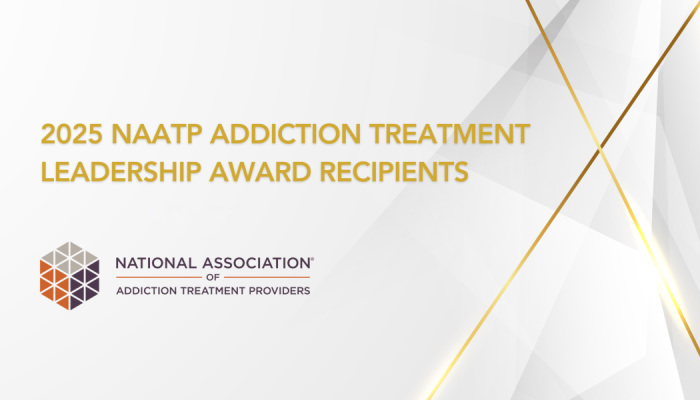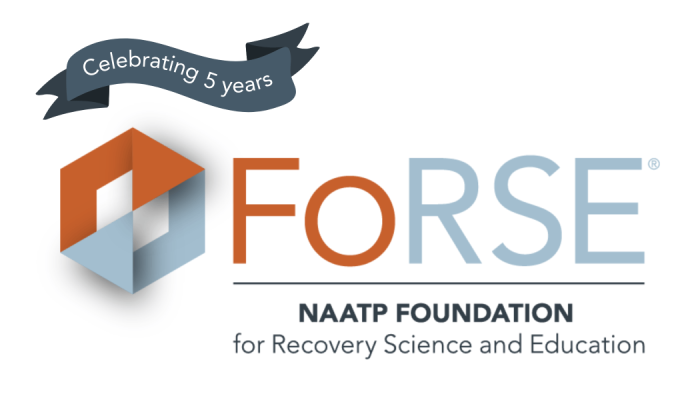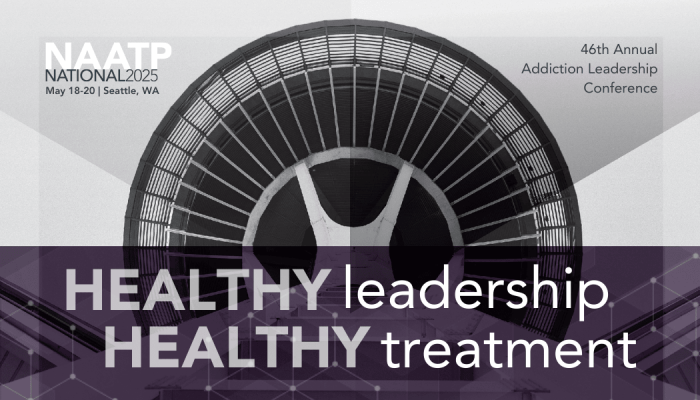Aug 30, 2023

50,000 Claims to be Reviewed in a Reimbursement Win for Patients and Providers
Earlier this month, in what amounts to a fourth Opinion in the Wit case, the U.S. Court of Appeals for the Ninth Circuit determined that a large class of insurance claimants were entitled to have their denials judicially reviewed after all. The decision revives the argument that United Behavioral Health (UBH) violated patients’ rights by denying claims using internal coverage guidelines (including a cost savings criterion) rather than Generally Accepted Standards of Care (GASC). In doing so, the Court vacated its previous ruling from March of 2022 that essentially threw out all the claims.
The decision is a promising sign for patients and providers seeking substance use disorder (SUD) coverage, not only because it gives the claimants another opportunity to show prejudice, but also because it sets precedent (it is a published and precedential opinion) for legal theories that insurers owe a fiduciary duty to beneficiaries under the Employee Retirement Income Security Act (ERISA), the federal law that governs employee benefit plans.
The case began nearly ten years ago when two class action suits were joined claiming that UBH, the nations’ largest insurer of mental healthcare, wrongly denied their claims. The federal district trial court agreed and issued an extensive and well-reasoned opinion consistent with notions of fairness and public health as embodied in the Mental Health Parity and Addiction Equity Act (Parity/MHPAEA). It came as a shock to advocates therefore when a three-judge panel of the Ninth Circuit reversed the entire ruling in March of 2022.
However, advocates did not give up and NAATP joined support for a rehearing through an Amicus Curiae Brief headed by our colleague National Association for Behavioral Health (NABH). The work paid off and now the claims are headed back to the federal district court in San Francisco for review. Thanks also go out to numerous medical associations and government, particularly the Attorneys General of Illinois, Connecticut, and Rhode Island who advised the appellate court that were the reversal allowed to stand, it could further worsen the opioid epidemic.
NAATP believes strongly in its role as an advocate for its members in the SUD field, both judicial and legislative. Advocacy works and it works especially well when we function as a collective of values-based healthcare professionals guided by the welfare of our patients.
Read the Courts Opinion in Wit v UBH (9th Cir. 2023)
Read Previous NAATP Coverage of Wit
Watch for Upcoming Wit Coverage in Alcoholism and Drug Abuse Weekly (an NAATP Member Benefit)





















